Listening at the Border
BY GUEST BLOGGER | January 23, 2015
written by: Kari Kloos, Ph.D. Associate Professor and Chair of Religious Studies, Regis University
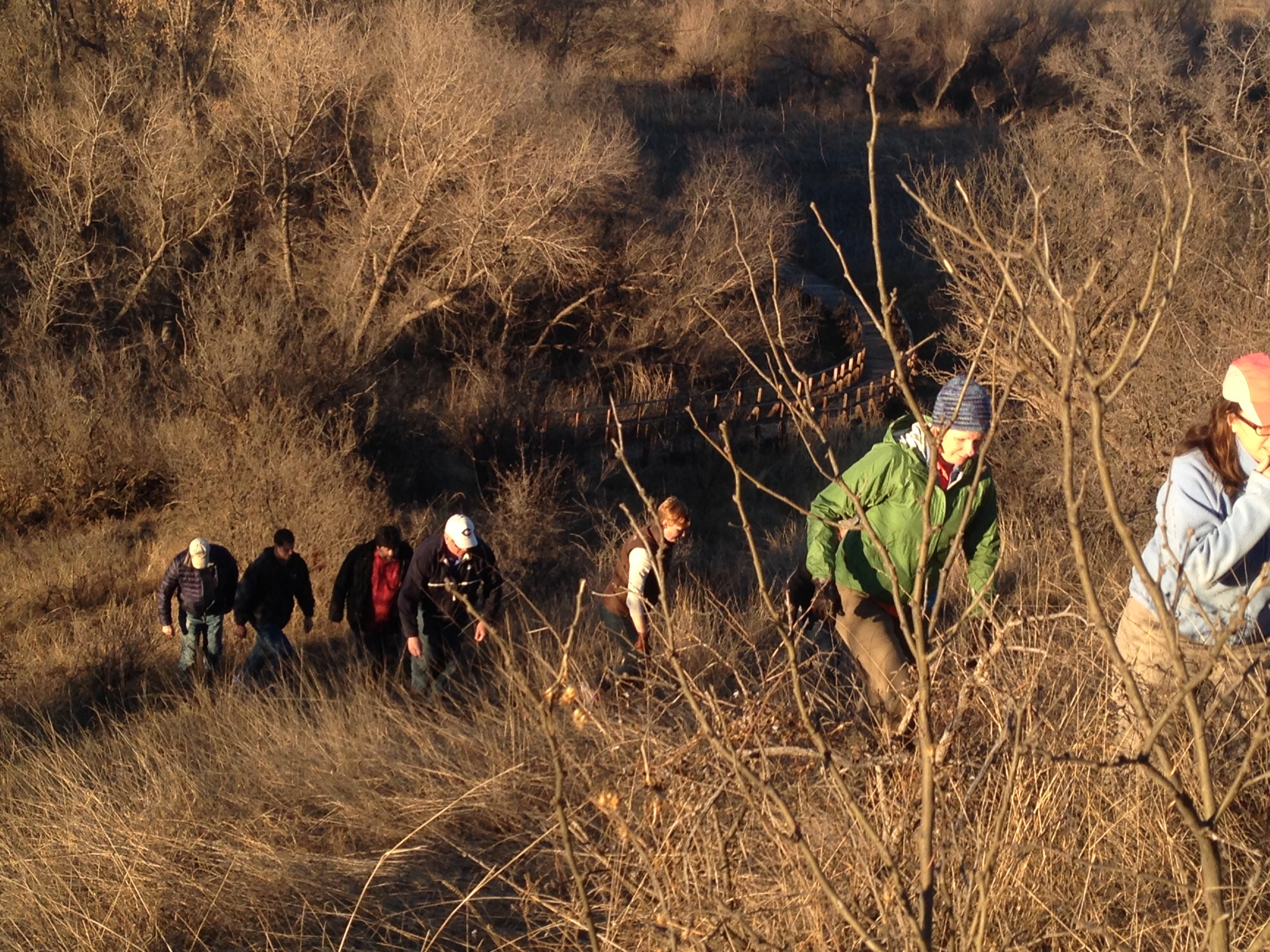
Thirteen administrators and faculty from twelve AJCU schools, all participants in the 18-month Ignatian Colleagues Program, traveled to Nogales and Tucson in early January to learn about different experiences of migration.
“If you leave with questions, you will have achieved a great deal.” Laurie, our guide at BorderLinks, told me this several times during an immersion trip to the United States-Mexico border in Arizona. As I reflect on what I heard and saw on this trip, I don’t have any easy answers. Instead, what I have is what was graciously given to me: the stories of those directly impacted by life at the border.
Thirteen administrators and faculty from twelve AJCU schools, all participants in the 18-month Ignatian Colleagues Program, traveled to Nogales and Tucson in early January to learn about different experiences of migration. We met with ranchers on the U.S. border, deported migrants in Mexico, Border Patrol officers, Immigration and Customs Enforcement (ICE) officers and staff, immigration lawyers and advocates, and undocumented immigrants living and working in the U.S. We served in a soup kitchen at the Jesuit-staffed Kino Border Initiative, observed courtroom sentencing, toured an ICE detention facility and Border Patrol offices, and met volunteers who help recent immigrants to reunite with relatives in faraway states like Tennessee and Minnesota.
From the beginning, I realized that everyone had a story to tell and wanted someone to listen. I was struck by how much they would talk and how sensitive they were to being judged or stereotyped. Simply, their stories were much bigger, more compelling, and more human than politics may imply. It is my belief that a more just and humane situation begins with listening compassionately to those who suffer. This is not about listening to two sides—as if human experience can be reduced to just two opposing political positions. Rather, I hope that deep listening might open us up to many perspectives and also unite us in our common humanity.
At the beginning of the trip, ranchers who have land in a 20-mile zone between the border and a decent road told us that they feel abandoned by the government, left to deal with drug cartel surveillance and traffickers routing through their property. One rancher spoke of finding the body of a dead migrant on his property, recognizing the inhumanity of the current situation toward people who are simply trying to seek a better life. He wants to see comprehensive reform, increased work permits, and more humane treatment of migrants, but only after first securing the border. Another rancher told us, “We live in an intentional no-man’s-land that has been ceded to the cartels by the U.S. government.” Her frustration and sense of betrayal were palpable.
We spoke with a Border Patrol officer who was openly frustrated with migrants who risk dehydration, injury, and death in their typical 3-4 day walk through the harsh borderlands. Who would make such a dangerous choice to walk through this region, he asked, stimulating our imaginations about the migrants we would soon meet. Defending himself against accusations of inhumane treatment, he pointed out to us that migrants can summon Border Patrol for help at blue light posts strategically placed throughout the desert—which surely would also bring their arrest and deportation.
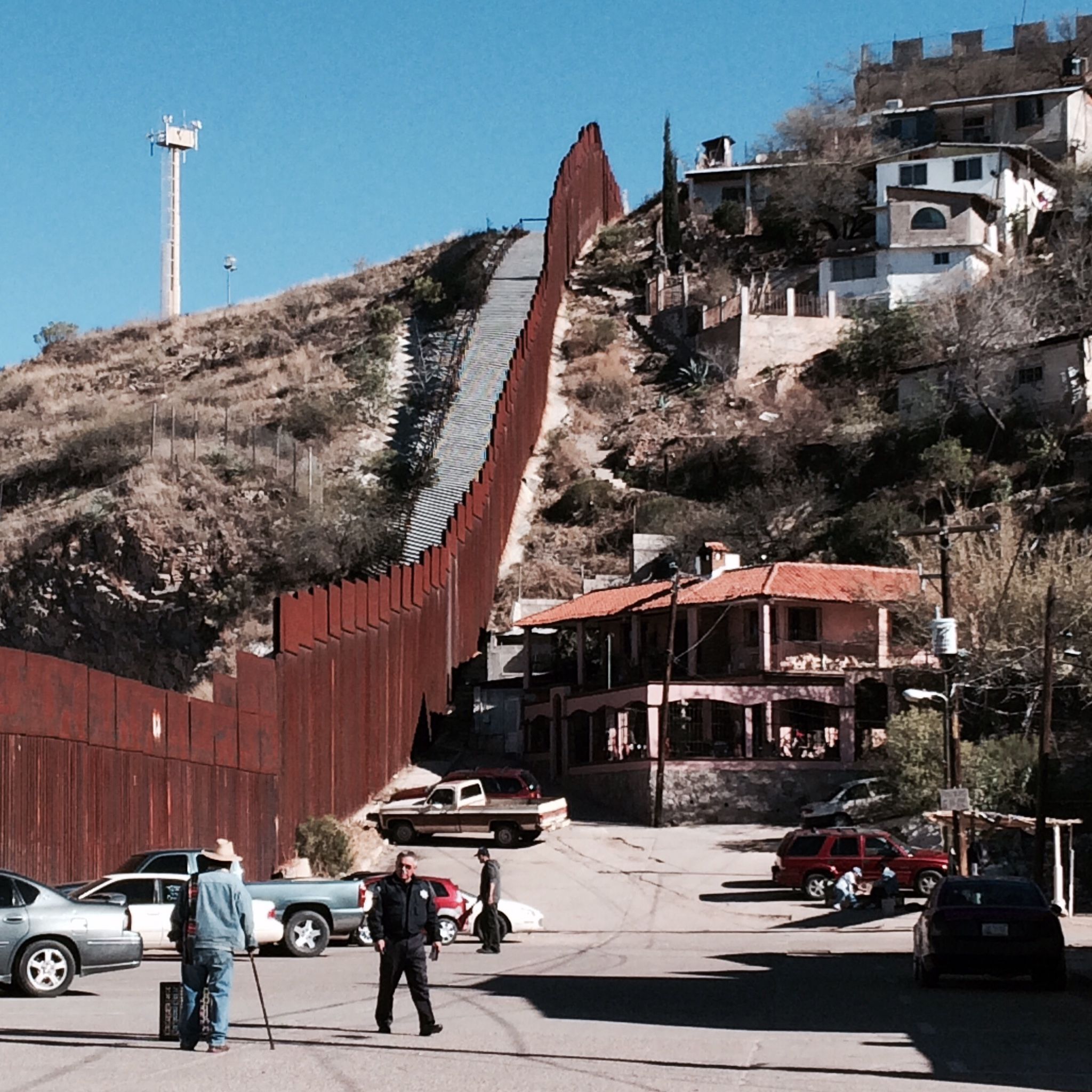
The U.S.-Mexico in Nogales
Often during the trip, I heard surprising things from places I least expected. A high ranking Border Patrol officer spoke against mass deportations of undocumented immigrants, saying, “This is the United States of America. This isn’t who we are. We don’t round people up and get rid of them.” One ICE official told us that he favors comprehensive immigration reform, and another told us that he doesn’t have opinions on policy; he wants clarity on how to enforce the law and appreciates the clarity given by President Obama’s November 2014 executive action. For me, this highlighted the importance of not making assumptions about the people who enforce laws and policies. In another instance, a woman who migrated to the U.S. 25 years ago, who has worked as a teacher and real estate agent, whose daughters work at Border Patrol and in computer engineering, told us with tears in her eyes, “I hope people know that we didn’t come to the U.S. to hurt anyone.” The pain caused by stereotypes and judgments seemed as raw now as it might have been 25 years ago.
I am most haunted by the stories of people who suffer most, not knowing when or if there will be an end to their suffering. A sister and brother in their teens were caught trying to cross the border and sent back to Mexico. Their parents live in Los Angeles, and their younger siblings live with relatives in the Mexican state of Guerrero, where recently 43 university students were abducted and killed. I have no doubt the siblings will keep trying to find their parents, but at what cost? A young man was forced to carry a backpack of drugs by the local cartel, and he lost the pack. Will he be able to escape their retribution? A mother told us of her “sad life,” separated from her three daughters in the U.S. She doesn’t care if she lives in Mexico or the U.S. as long as she can be with her daughters. Everything in her tears and voice suggested that the pain of family separation is too much for her to bear. Another mother was separated from her husband when they were apprehended by Border Patrol in the desert. They had left their children with relatives in Puebla, Mexico and hoped to find jobs in the U.S. to pay off debt and save their home for their children. What awaits the family now?
One man we met has lived in the U.S. for 10 years without documentation. He was arrested for a minor traffic violation when he drove home from the hospital, where his wife had given birth to their first child. A woman left El Salvador because of discrimination for her sexual orientation, taking 6 months to get through Mexico before arriving in the U.S. Another man has lived in Arizona for 19 years, working as a day laborer. He told us that he had “almost” achieved the American dream, owning a car and renting an apartment. However, Arizona’s more restrictive state laws have made it more difficult for him to provide for his family in the last several years.
All of these stories stay with me. I don’t have answers or solutions, and certainly not the power to secure their futures. But I do have a voice to share their stories in the hopes that by listening to the real human experiences at the border, we might be transformed. As our group leader Tom told us, “This is a human issue before all else.”
ISN welcomes faith & justice related blog submissions from members of the Ignatian family. Please let us know of any blog ideas or posts using this form: ISN Blog Ideas

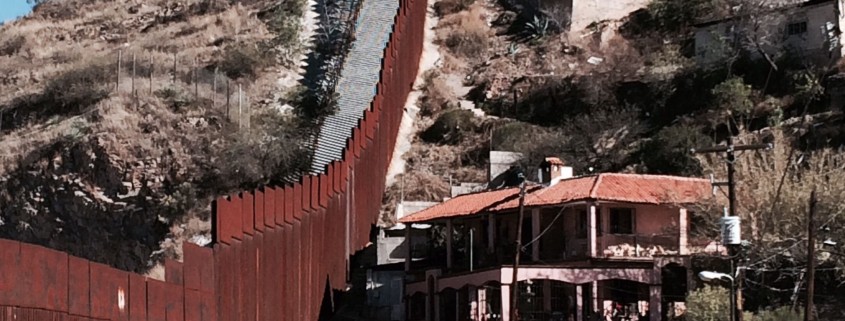
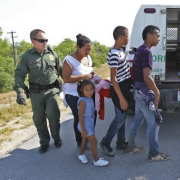
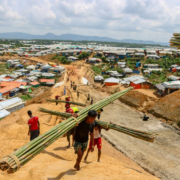 Jesuit Refugee Service
Jesuit Refugee Service 

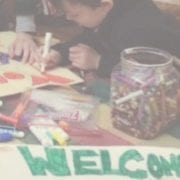
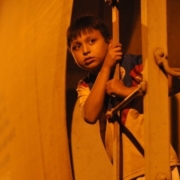



Leave a Reply
Want to join the discussion?Feel free to contribute!